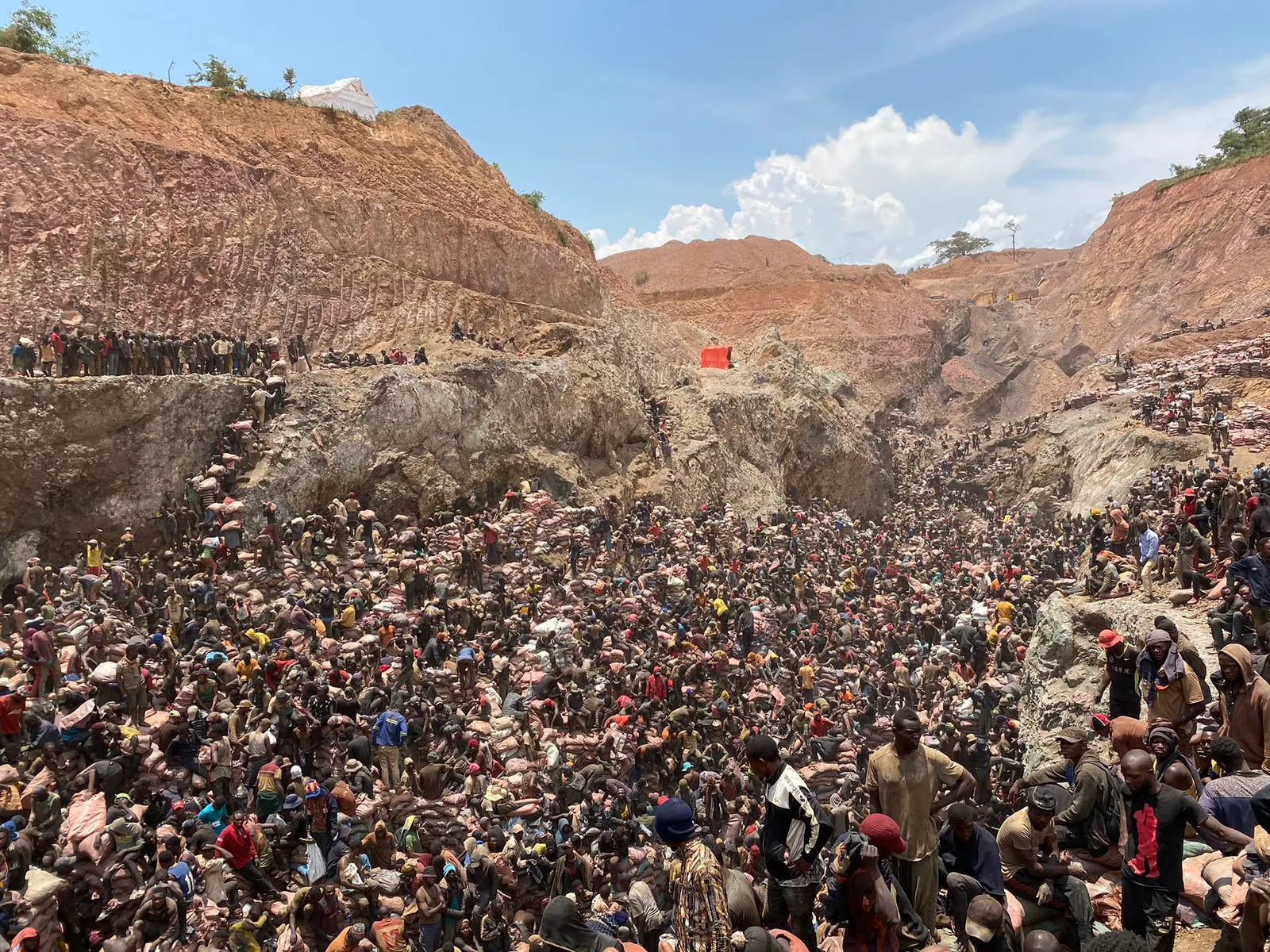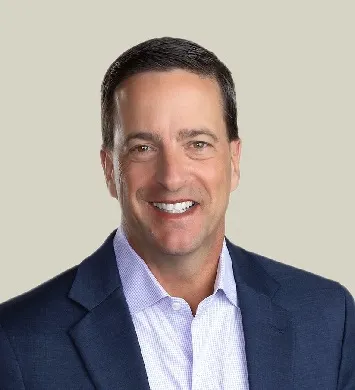Regardless of the industry or product sold, supply chain visibility is increasingly difficult for most companies and their leadership, especially when trying to monitor third-party vendors and suppliers. When a company has to cut expenses, the incentive to have processes in place that identify possible ethical issues within revamped supply chains falls.
As more slave labor is in practice today versus any other time in human history, organizations' monitoring of supply chains cannot stop at the borders of their headquarters. The Democratic Republic of Congo (DRC), where nearly all of the world’s cobalt is mined, has documented child labor, slave labor, and human trafficking. Cobalt, a mineral essential to the lithium ion-powered charging component of every cell phone, laptop, and electric vehicle on the market, is projected to be a $1.2B per year industry by 2028.
Cobalt is just one of the several raw material harvesting industries expected to grow massively because of efforts to reduce fossil fuel usage. The minerals in the hardware devices that power an increasingly technology-dependent society have some of the darkest and most brutal bottoms to their supply chains. Some of the raw materials providers put the most marginalized, under-represented people in conditions impossible to overcome. As governments and companies try to reduce their environmental impact through environmental, social, and corporate governance (ESG) initiatives, the supply chains enabling it are being overlooked.
Informed CFOs, who often must be the skeptic in the room, can provide the larger perspective needed about new practices undertaken in the name of governance.

ESG Oversight and Corporate Ignorance
Companies can now present a different perspective on value by releasing their ESG and Corporate Equality Index scores for investors. According to Justin Dillon, founder of supply chain monitoring tool FRDM, which powers slaveryfootprint.org, contemporary ESG efforts are too focused on the long term and need to hone in on smaller, more immediate issues, like greater awareness of forced labor.

“Cobalt and the minerals used in batteries are the new oil; I’m currently using a laptop with a high-risk profile for forced labor because of these minerals,” said Dillon. “ESG conversations naturally point toward ideals that are hard to grasp in the context of today's operations. We burn fossil fuels in factories that make elective vehicles. Change takes time, and it never comes quick, and if we can’t celebrate small wins like mapping a supply chain or driving change with tier-one suppliers, then we will never reach the big goals.”
Dillon, who had an email exchange with one of the most famous names in big tech years ago, relayed his frustration with other U.S. corporate giants. According to him, leaders at these organizations are no longer as willing to talk on the issues of their supply chains as they once were.
“I take issue with the silence of large companies like Nike and Apple,” said Dillon. “My first interaction with Apple regarding forced labor in supply chains was an email I sent in 2008 to Steve Jobs, asking if he was aware that the cobalt used in my new iPhone was likely mined by kids in the DRC. Four hours after sending it, I got an email back saying, ‘I had no idea. I’ll look into it -Steve (sent from my iPhone)’. That was intellectual honesty that every company can model.”
How CFOs Make a Difference
According to supply chain experts, addressing these supply chain issues must begin with CFOs. Finance chiefs can leverage the power of their reporting standards and communication skills to start a widespread conversation around change.
“This is an enormous issue, and it is easy to lose sight of the bigger picture,” said Tony Caleca, partner and head of the manufacturing/supply chain consulting division at Armanino LLP. “However, plenty of smaller steps can be taken. Initially, collaboration within your industry is crucial to create systemic change.”

“Working with industry associations, governing bodies, or other influential organizations to develop ethical standards or advocate for stronger regulations can create a much larger impact than trying to transform the ethical landscape alone,” Caleca said. “Additionally, treat supply chain ethics as a continuous improvement initiative rather than a puzzle to be solved all at once.”
Impact of Corporate Actions
As the CFO role continues to evolve, the ability to overcome and navigate through tough moments and times of scrutiny is essential. According to Edward Hertzman, founder and president of Penske’s Sourcing Journal, CFO awareness around ESG efforts is just as pivotal to success.

“Traditionally, CFOs have been known as having an unyielding focus on cost-saving measures and safeguarding their companies’ profit margins,” said Hertzman. “However, the responsibilities of the role have been rapidly evolving.
“Today, brands must adhere to ever-changing regulations even as they face intense scrutiny from consumers and influencers on platforms like TikTok. Today’s giant social media platforms rival even mainstream media outlets. One misstep can be the downfall of a brand, and therefore, CFOs must now prioritize risk assessment and mitigation like never before,” Hertzman said.
“Merely using recycled cotton in a product does not make a company truly responsible,” Hertzman continued. “While ‘social’ is one of the hardest and most intangible measures in the ESG equation, CFOs, whose job description clearly involves measuring, must come up with ways to measure the social impact of their companies’ actions.”
According to Hertzman, ESG efforts must be more than just grand ideas tinged with politics. He said executives who preach social governance must also practice it if they wish to turn their ideas into more than words.
“Some of the current political backlash against ESG as an investment criterion could be traced back to companies talking the talk but not always walking the walk on their ESG and [corporate social responsibility] promises,” he said.
“And let's not forget that both acronyms contain the letter ‘s’ for ‘social.’ While companies may champion their sustainability initiatives, they are often swift to cancel orders or delay payments to vendors, disregarding the social impact of their actions.”





















